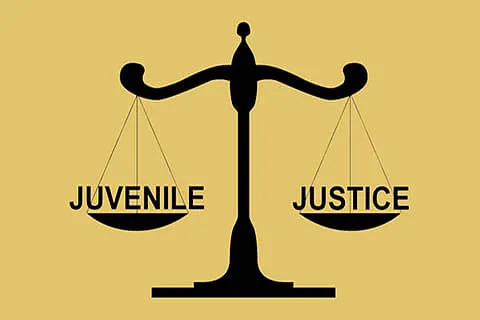The Union Cabinet on Wednesday approved amendments to the juvenile justice law to increase the scrutiny of child care institutions and enhance the role of district magistrates to ensure the set-up works in the best interests of children.
Addressing the media on the Cabinet decision, Women and Child Development Minister Smriti Irani said district magistrates (DMs) along with additional district magistrates (ADMs) will monitor the functioning of various agencies under the JJ Act in every district.
Child victims of trafficking, drug abuse and those abandoned by their guardians will be included in the definition of “child in need of care” and protection under the amended law, Irani said.
The amendments also categorise certain previously undefined offences as ‘serious offences’.
“At present, the act has three categories of petty, serious and heinous crimes. One more category will be included of offences where maximum sentence is more than 7 years but no minimum sentence is prescribed or minimum sentence of less than 7 years is provided shall be treated as serious offences within the JJ Act,” she said.
The amendments also include authorising district magistrate, additional district magistrate to issue adoption orders under Section 61 of the JJ Act in order to ensure speedy disposal of cases and enhance accountability.
The district magistrates have been further empowered under the act to ensure its smooth implementation as well as garner synergised efforts in favour of children in distress conditions.
She said the district child protection unit will also function under the district magistrate.
Irani said till now there was no specific direction to carry out a background check of people who are to become members of the child welfare committees (CWC) as there is no such provision currently to check if a person has a case of girl child abuse against him.
According to the amendments cleared by the Cabinet, before becoming a member of the CWC, background and educational qualification checks will be included, she said.
Noting that there is a need for strengthening the entire system of child care institutions, she said a child welfare committee is a quasi-judicial body which declares children as legally-free for adoption and ensures that it does not work in isolation. The minister said a member of the child welfare committee has to mandatorily attend three-fourth the number of meetings after the amendments.






